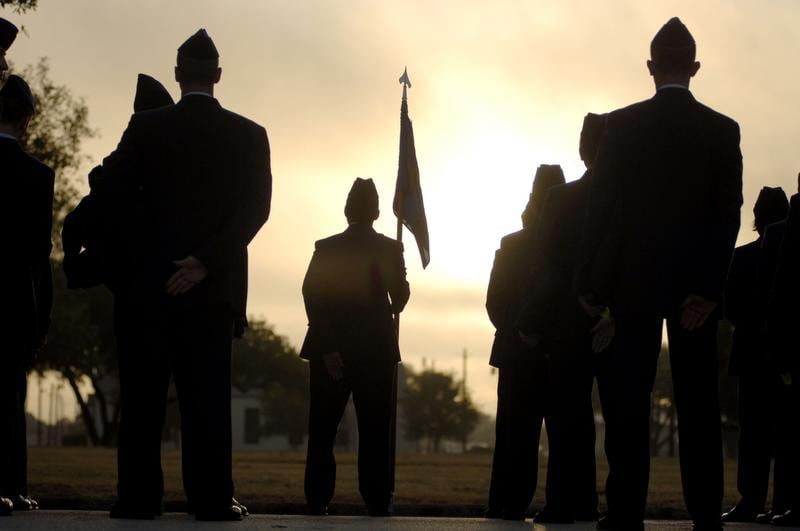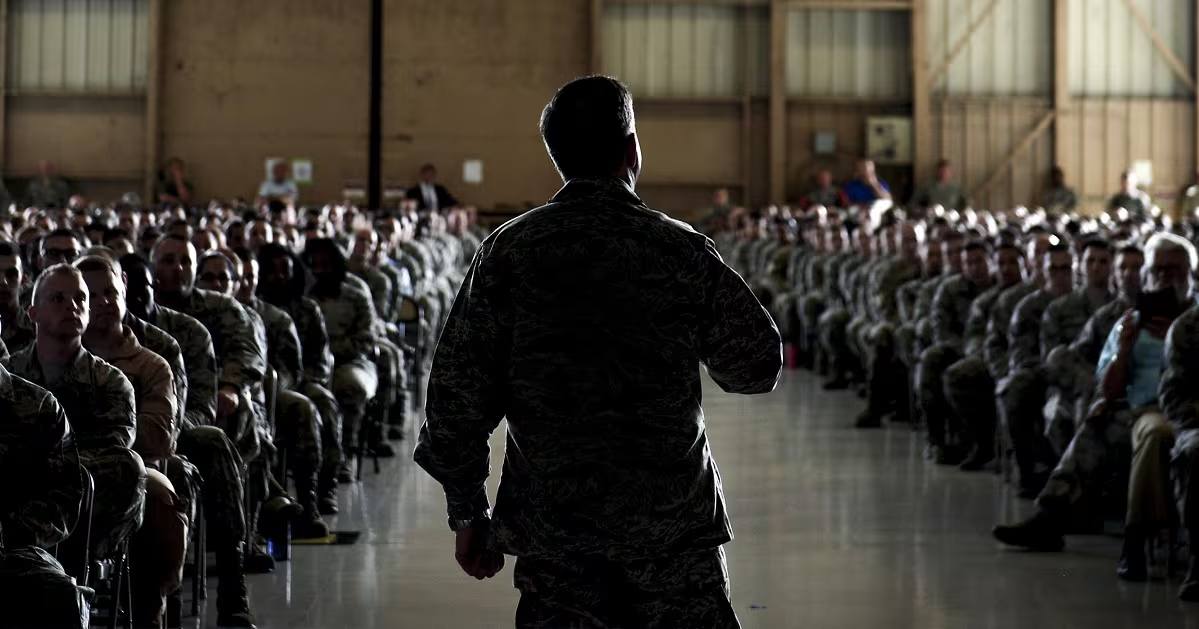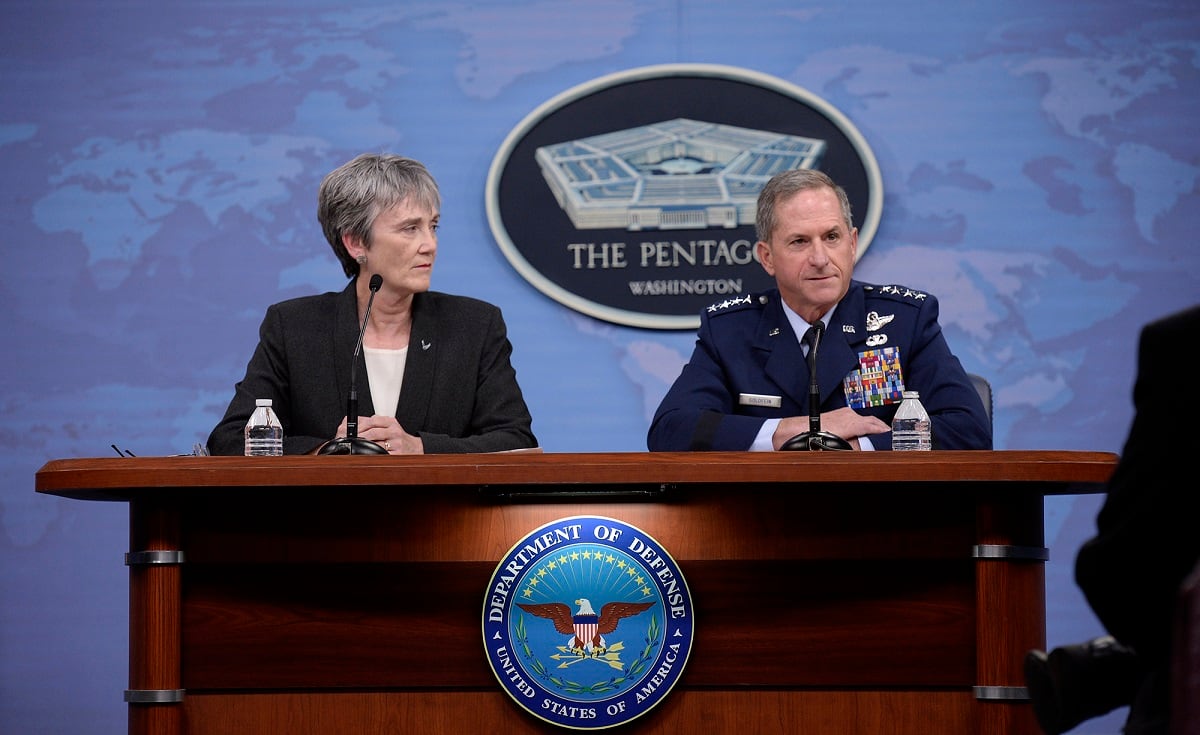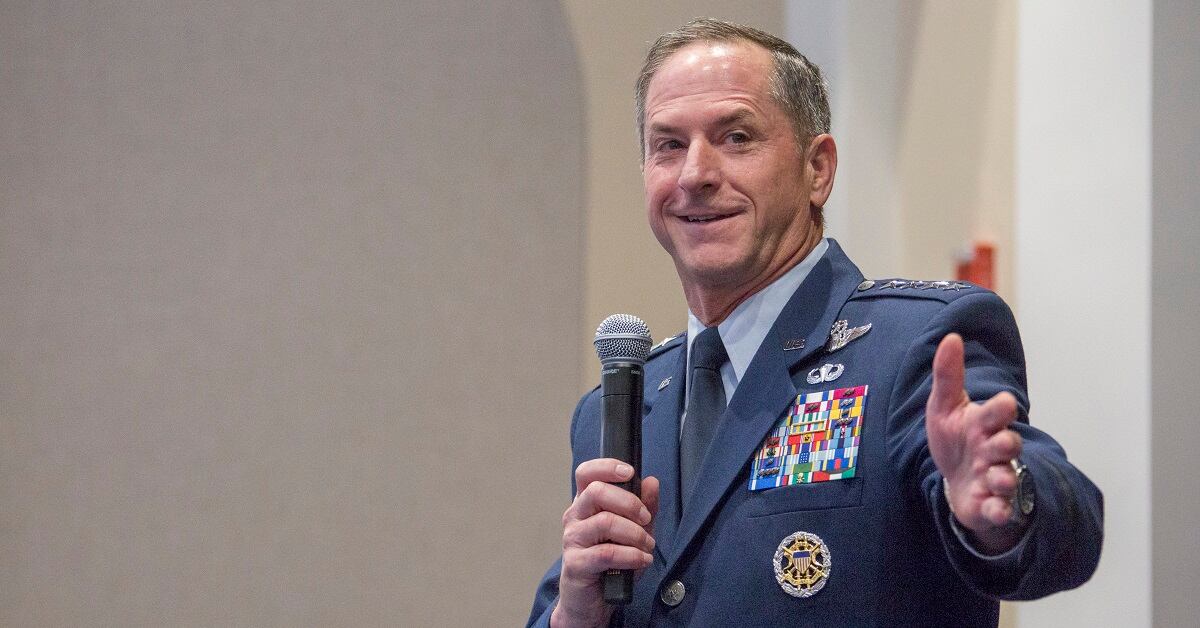Col. “Ned Stark," whose anonymous commentaries on leadership and the officer promotion system have generated intense interest across the Air Force, says he is considering Chief of Staff Gen. Dave Goldfein’s offer of clemency and a job.
The active-duty colonel told Air Force Times he was humbled by the offer and said his next move will be made in private.
Stark wrote several commentaries — one in War on the Rocks and two in Air Force Times — under a “Game of Thrones” pseudonym in order to avoid reprisal for his contrarian viewpoints. In them, he criticized the Air Force for both its lack of focus on developing real leaders and for the officer promotion system for lieutenant colonels and above.
RELATED

In an open letter to Stark published in War on the Rocks, Goldfein said he has read all three articles with increasing interest.
“Ned, I can assure you your head is safe,” Goldfein wrote. “If you are up for it, I have a place for you to help Secretary Heather Wilson and me with a complete re-examination of our officer promotion system to ensure we are selecting the very best in our ranks for promotion and key responsibilities."
RELATED

Stark told Air Force Times he was “flattered and humbled” by the opportunity offered by an officer he “holds in such high regard.”
“I feel obligated to respond in a meaningful way and will probably do so out of the public light,” Stark said. "Also, I’ve always considered myself on Gen. Goldfein’s team and hope to help him however I can.”
In his first commentary for Air Force Times titled “Wanted: Leaders we can believe in,” Stark critiqued the use of "high-potential officer” designations made when officers are captains. Receiving that designation means senior officers have decided a junior officer has the potential to achieve general officer rank.
“I believe the system is making those calls too early in an officer’s career to be accurate, and it does not provide an off ramp for bad officers short of criminal misconduct,” Stark wrote, citing a string of firings based on the misconduct of squadron and wing commanders.
Once an officer is considered “high potential,” Stark wrote, there isn’t much they can do wrong.
But Stark’s commentary didn’t simply call out the system as problematic, it offered solutions. Stark suggested the Air Force work to create a new evaluation form for commanders that includes a section with command climate survey responses — which he said few officers currently take seriously — against both similar units and Air Force averages.
Additionally, Stark said the Air Force should implement peer and subordinate evaluation sections that score leadership traits and characteristics on a quantitative scale. Such a section could include traits like trustworthiness, approachability, propensity to empower, empathy, decisiveness, fairness, professionalism and risk-tolerance, he said.
Stark also cited the Air National Guard as a possible model for reform in his piece titled “The Air Force is not designed to produce good leaders.”
“Say what you will, the Guard has it right in at least one regard: Its leaders must sleep in the bed they’ve made,” he wrote. “[Guard leaders] are forced to think longer-term about the care and sustainment of their airmen and units. When command climate surveys come in, leadership teams pore over them to assess what they can do better. You want evidence that it works? Look at the retention rates in the active Guard.”

Goldfein was undeterred by the criticism. In fact, he wrote in his open letter, he actively encourages airmen to speak out.
He even circulated a copy of Stark’s article as mandatory reading at an official gathering of generals earlier this year to initiate a discussion on overhauling the officer promotion system.
Goldfein likened the critiques to the widely circulated “Dear Boss, I quit” letter to the Air Force chief of staff in 1979.
“Our 10th Air Force Chief of Staff, Gen. Lew Allen, took an interest in the author, Capt. Ron Keys, and made some major changes as a result,” Goldfein said. “We got better as a service because one officer wrote down his thoughts and a chief of staff paid attention. Ron Keys went on to become Gen. Ron Keys, commander of Air Combat Command.”
Senior Air Force reporter Stephen Losey contributed to this report.
Kyle Rempfer was an editor and reporter who has covered combat operations, criminal cases, foreign military assistance and training accidents. Before entering journalism, Kyle served in U.S. Air Force Special Tactics and deployed in 2014 to Paktika Province, Afghanistan, and Baghdad, Iraq.




